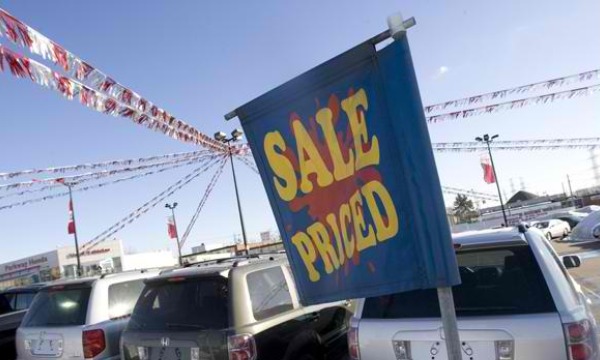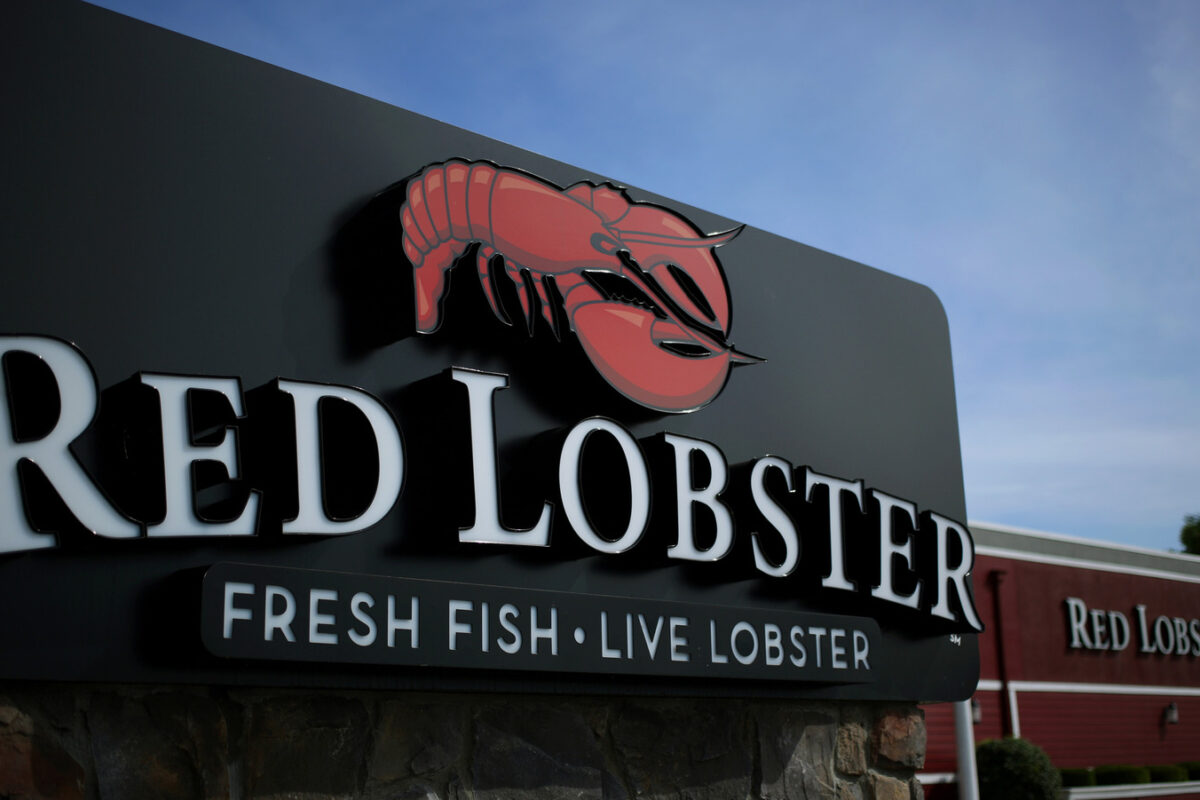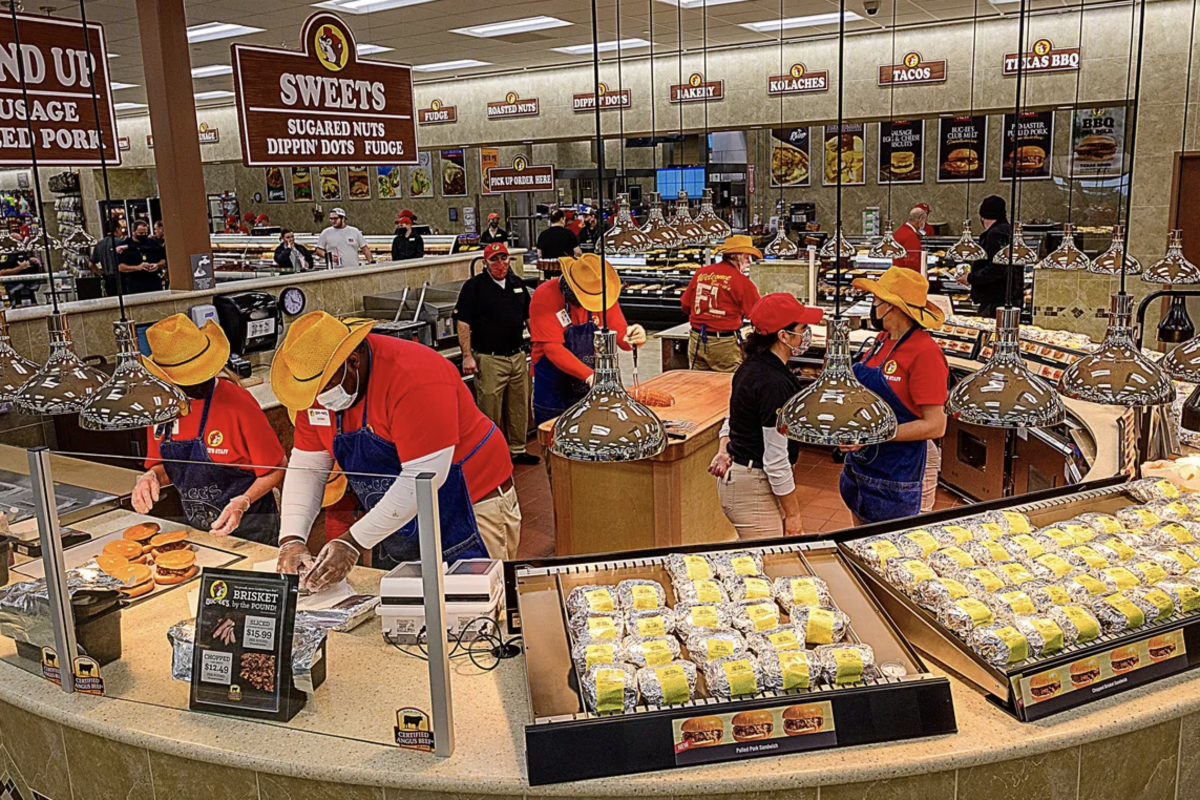I recently came across this McKinsey Quarterly paper by Harvard Business School professor, Teresa Amabile, and co-author, Steven Kramer. The paper proposes four traps by which senior management can accidentally undermine the motivation of their staff. And it makes me wonder if those same traps can undermine a consumer’s allegiance to a brand.
Based on a multi-year research project, the paper finds that making progress in meaningful work is the single most important factor in ensuring people are motivated to do their job well. The paper also documents four traps which undermine meaning and motivation. Given that I believe people are most loyal to the brands that they find most meaningful, it seems likely the same traps could apply in marketing as management.
Mediocrity Signals
It doesn’t matter what you say if your actions contradict your words. It is easy to see how this trap applies to brands. A brand can claim to be the best in the world but when existing and potential customers see that the brand is continuously on sale, it signals loud and clear that the product is not as good as the competition, never mind training people to look for the best deal.
Strategic ‘Attention Deficit Disorder’
Continuously chopping and changing strategy and tactics not only confuses and disillusions staff, it undermines consumer confidence as well. Brand building takes time. Brands need to stand for something and maintain clarity and saliency in order to be successful. Constant revisions to positioning and communication strategy only serve to undermine clarity.
Corporate Keystone Cops
We have all come across dysfunctional organizations where departments appear to work at cross-purposes and without reference to each other. Strong brands put the delivery of an excellent customer experience first and foremost and work back from there. They don’t let different departments pursue separate and uncoordinated agendas, or let sales teams discount premium brands in order to get an extra facing or drive showroom traffic.
Misbegotten ‘Big, Hairy, Audacious Goals’
Self-serving goals, like an aggressive revenue target, only tell people what the company wants. Most people want to work on something fulfilling, something they believe helps make the world a better place. When it comes to brands, how many times have you heard a brand brag that it is the best in the business? Brands need to avoid hyperbole and focus on what they can do to help make people’s lives better, even if it is simply unblocking a clogged drain as simply and effectively as possible.
So what do you think? Do these traps apply to brands? What other traps are there? Please share your thoughts.
The Blake Project Can Help: Accelerate Brand Growth Through Powerful Emotional Connections
Branding Strategy Insider is a service of The Blake Project: A strategic brand consultancy specializing in Brand Research, Brand Strategy, Brand Licensing and Brand Education





